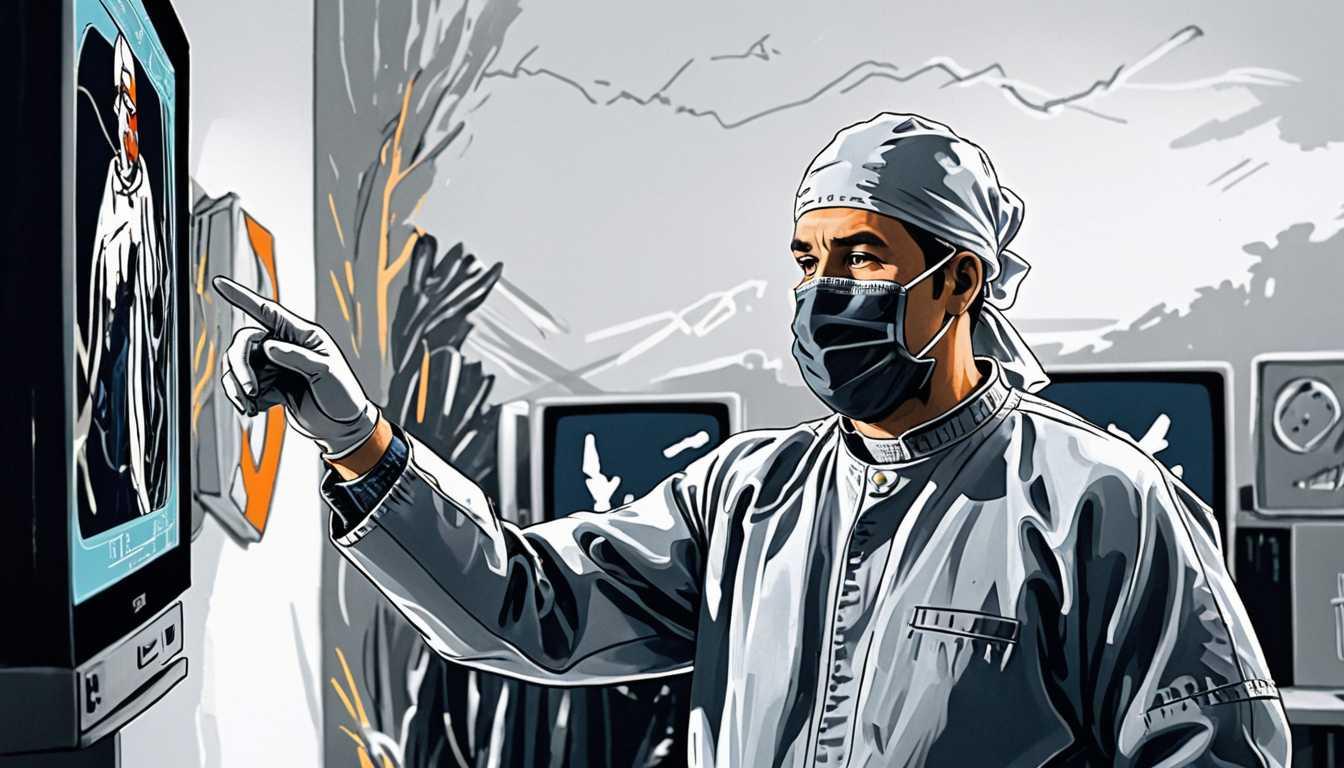Heartbeats and Harmonies: The Music Connection
October 2024
King's College London - News
Introduction
Hey there, music lovers! Did you know that playing your favorite tunes can literally make your heart race? Scientists at King's College London have whipped up a fascinating tool that predicts how musicians' heart rates change while they play. From loud bursts to soft whispers, every note has its beat! This groundbreaking study could even help in treating heart conditions with personalized music prescriptions. Dive into this rhythmic revelation and discover the heartbeat of music!
READ FULL ARTICLEWhy It Matters
Discover how this topic shapes your world and future
The Heartfelt Connection Between Music and Physiology
Music is more than just sound, it’s a powerful force that can physically affect our bodies, particularly our hearts! Recent research from King’s College London shows that musicians’ heart rates can change based on how they play music, including the volume and emotional intensity of their performance. This fascinating connection between music and heart health could have global implications, as scientists explore how listening to or playing music might help diagnose and treat heart conditions. Imagine being able to personalize your own music playlist to help with stress or heart health! This topic is particularly relevant to you as a student, as it highlights the importance of both music and health in your life, and encourages you to think about how your passions can impact your well-being.
Speak like a Scholar
Cardiovascular
Relating to the heart and blood vessels, this field studies how the heart works and how to keep it healthy.
Physiology
The study of how living organisms function. In this case, it refers to how the heart and body respond to music.
Performance Decisions
Choices made by musicians during a performance, such as when to play loudly or softly, or who leads the melody. These choices can impact their heart rates.
Annotations
Notes or marks made by musicians on their music sheets to indicate how they will perform certain parts of a piece. These can help researchers understand their playing style.
ECG (Electrocardiogram)
A test that records the electrical activity of the heart. In this study, musicians wore ECG sensors to measure their heart rates while playing.
Climax
The most intense or exciting part of a piece of music. In this study, the climaxes were found to significantly affect musicians' heart rates.
Independent Research Ideas
The Impact of Music Genres on Heart Rate
Investigate how different styles of music (like classical, pop, or jazz) affect heart rates and emotions. This could reveal which genres are most soothing or energizing.
Musical Therapy for Stress Management
Explore how specific types of music can help reduce stress and anxiety levels in teenagers. This research could lead to practical stress relief strategies for students.
The Role of Rhythm in Physical Performance
Study how rhythmic patterns in music influence athletic performance, such as running or dancing. This could link physical activity with musical beats!
Cultural Influences on Musical Emotion
Examine how different cultures express emotion through music and how these expressions might affect listeners’ heart rates. This could lead to a better understanding of global music practices.
The Science of Conducting
Analyze how a conductor’s gestures and cues influence the heart rates of both musicians and the audience. This could reveal how leadership in music impacts collective experiences.
Related Articles

Blood Test Decodes Bipolar Mystery
October 2023
University of Cambridge

Exploring the Mysteries of the Mind
May 2024
Caltech - Research News

Life Support Decisions: A Second Look
May 2024
Harvard Gazette

Brain Waves Decode Pain's Mysteries
May 2023
MIT Technology Review

Zapping Away Illness: The Electric Revolution
May 2024
MIT Technology Review